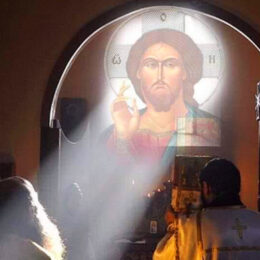Massive tax increases, energy regulation, high prices for electricity, and reduced econmic growth as far as the eye can see. And it’s only week six (6) of Obama’s catastrophic presidency.
DC Examiner | Irwin M. Stelzer | Mar. 6, 2009
Obama hopes to adopt a cap-and-trade system similar to Europe’s Emissions Trading Scheme. The government will decide how many tons of CO2 can safely be emitted, and then auction off permits to emitters of these greenhouse gases. Expected proceeds [tax increases on all consumers] over ten years: $645 billion.
Polluters [C02 is not a polutant] who can cut their emissions at low cost will be able to do just that, and sell their permits to companies that find it cheaper to buy permits than to clean up their production processes. Not a bad idea — in theory. But here’s the rub — or more precisely, rubs.
The first is that this has nothing to do with the stimulus package into which this green agenda has been inserted. It takes years to get permits for new windfarms and transmission lines, by which time we hope the recovery will be well underway.
The second problem is the volatility of the price of permits. The goal is to make it so expensive to emit greenhouse gases that polluters will switch to other, greener means of producing energy. But significant investment in greener technologies can occur only if investors can calculate the costs faced by their CO2 -emitting competitors.
In Europe, the price of permits has fluctuated between zero and around $40 per ton. Green technologies that were economic, and could attract capital when permits fetched $40, are uneconomic when the price at which permits trade is far less, as it now is (about $10).
The third problem is that a recession is a bad time to load costs onto businesses and consumers. The Obama team counters that the levies won’t cut in until 2011. But for businessmen planning long-term investments, that is right around the corner, and the uncertainties associated with cap-and-trade will surely discourage investment.
The fourth problem is that Obama has promised that no family earning less than $250,000 per year will pay one dime in higher taxes. But the companies that have to pay for permits will pass that cost on to consumers in the form of higher prices for electricity and other products. So these families will pay $645 billion, only some of which will be returned in the form of lower income taxes, for a system that is terribly inefficient.
The solution, of course, would be a straight-forward tax on carbon, the proceeds to be refunded through the payroll tax system. But unlike the hidden tax of cap-and-trade, a carbon tax is out there for the voters to see. And given the choice between a stealthy tax and a visible tax, politicians will pick the former every time.
. . . more



